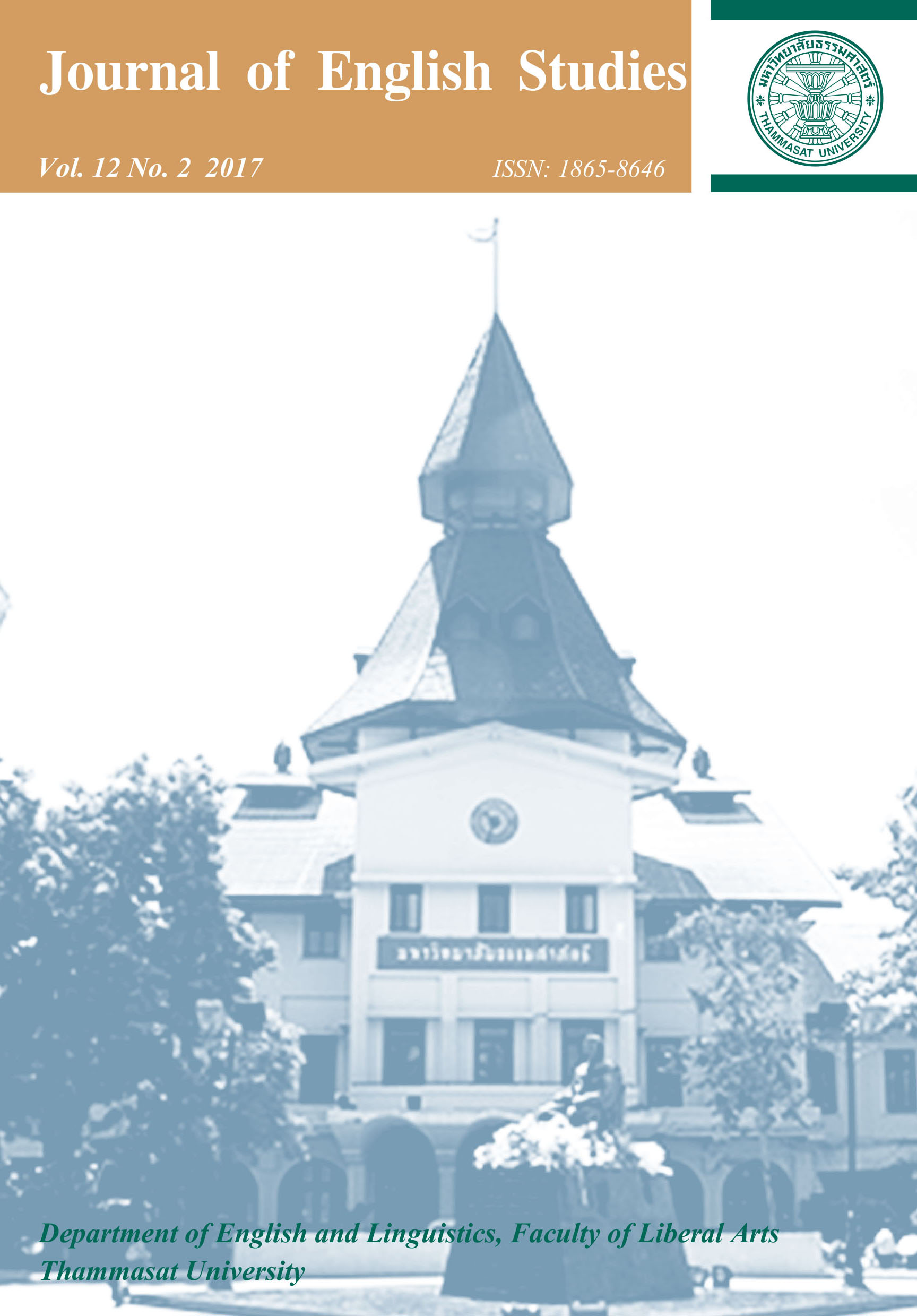Re-Reading Achebe’s Things Fall Apart in the Context of African Environmentalism
Main Article Content
Abstract
Abstract
Achebe’s (1958) classic novel, Things Fall Apart, is the first African novel to portray Igbo culture and give a detailed history of pre-colonial and colonial incursion into Africa. It is the position of this essay that as the novel provides insights into the culture, politics, economy and history of pre-colonial and colonial periods, it would also offer a reading of the environmental perspectives of these periods. This essay employs both sociological and environmental justice approaches in its investigation of the environmental perspectives depicted in Things Fall Apart. This dual approach allows for the exploration of a strategy that African writers engage in to depict a complementary relationship between humans and the environment wherein both parties benefit. The essay concludes that the environmentalism that emerges from the analysis indicates an awareness of a connectedness between all components of the biosphere. This informs the symbiotic relationship between man/woman and the environment and this is central to achieving environmental sustainability.
บทคัดย่อ
นวนิยายคลาสสิกของ ชินัว อะเชเบ ตีพิมพ์ในปี 2501 เรื่อง Things Fall Apart เป็นนวนิยายเล่มแรกที่พูดถึงวัฒนธรรมของกลุ่มชาติพันธุ์ Igbo ซึ่งเป็นกลุ่มชาติพันธุ์ทางตอนใต้ของประเทศไนจีเรีย และยังให้ข้อมูลทางประวัติศาสตร์ช่วงก่อนการล่าอาณานิคมและช่วงการล่าอาณานิคมในทวีปแอฟริกา นวนิยายเรื่องนี้นอกจากจะให้ความรู้เกี่ยวกับวัฒนธรรม การเมืองการปกครอง เศรษฐกิจแล้ว ยังเปิดมมุมองเกี่ยวกับบริบทด้านสิ่งแวดล้อมในช่วงเวลาดังกล่าว บทความนี้เลือกใช้ทฤษฎีด้านสังคมวิทยาและด้านสิ่งแวดล้อมเพื่อเป็นกรอบในการวิจัย มุมมองด้านสิ่งแวดล้อมที่ปรากฏในนวนิยายเรื่อง Things Fall Apart ผู้วิจัยได้พบวิธีการเขียนที่นักเขียนชาวแอฟริกัน ถ่ายทอดให้เห็นความสัมพันธ์ที่เอื้อเฟื้อซึ่งกันและกันระหว่างมนุษย์และสิ่งแวดล้อม และจากการวิเคราะห์ทางด้านสิ่งแวดล้อมนิยม ทำให้เห็นการตระหนักถึงการเชื่อมโยงกันระหว่างทุกองค์ประกอบทางชีวภาค แสดงถึงความสัมพันธ์แบบการอยู่ร่วมกันระหว่างผู้ชาย ผู้หญิง และสิ่งแวดล้อม ซึ่งเป็นหัวใจสำคัญของการรักษาสิ่งแวดล้อมอย่างยั่งยืน


